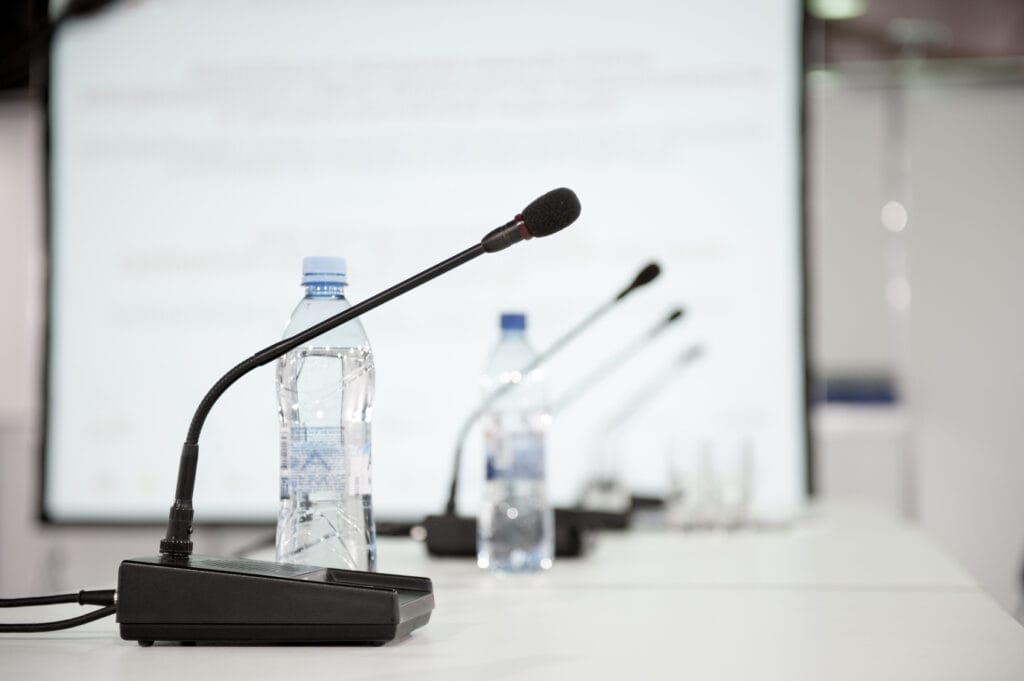Is the EU moving closer to Ukraine? Why mutual perceptions matter

The focal point of the panel revolved around novel research presented by the Ukrainian delegation on Ukrainian perceptions of and sentiments towards the EU and Russia in questions pertaining to a wide range of issues, most notably security, structural reforms, economic integration and association. The research outlined recent developments in Ukrainian public opinion across the country, including in the contested eastern regions, while highlighting several noteworthy trends and developments.
First, the previously widely prevailing foreign policy “dualism” – that Ukraine could approach both Moscow and Brussels simultaneously – has been completely eradicated from the Ukrainian public opinion and discourse. Corollary to this realization, support for further deepening of the EU integration has risen during the past year whereas support towards Putin’s customs union has waned correspondingly. Even in Eastern Ukraine, usually cited as decidedly pro-Russia, the public opinion is gravitating towards equilibrium between the Moscow and Brussels, suggesting that Russia’s appeal has passed its zenith. In regards to security, majority of Ukrainians now unequivocally support NATO membership, should it be offered, and a similarly overwhelming majority support a tightening of Western sanctions against Russia. The importance of security was further accentuated by Mr. Haran, who stressed the controversy of the Minsk II agreement and how free elections in Donbas and the east face a number of challenges; namely who will provide security and consensus in a region rife with Russian commanders, armed separatists and with borders not under Ukrainian control.
Given these developments, the EU is at a crossroads not only with regards to Ukraine but, indeed, also in relations to Russia, which is seemingly a likely partner in Syria yet presenting a threatening conundrum in the Eastern European neighbourhood. Václav Lídl emphasized the necessity of attaining a deeper understanding of Russian motivations within the region while also striving towards developing a stronger self-identification within the EU; what exactly does the EU want and what role will the EU play in its efforts to achieve said goals? Moreover, is it possible to overcome the Russian perception of international relations being inherently a zero-sum game rather than a positive-sum one?
Mr. Füle similarly stressed the importance of maintaining long-term sustainable visions for Ukraine and its Eastern regions. Economic, administrative and structural reforms aided by the EU are vital in furthering economic integration and making the association agreement viable, which will demand a tremendous effort on behalf of the EU, despite the EU currently being preoccupied with internal challenges (i.e. migration). However, Mr. Füle equally stressed the importance of not forcing Ukraine to compromise too harshly on its traditional relationships, especially not as Russia is becoming increasingly unpredictable due to the efficiency of sanctions coupled with falling gas prices.
In sum, the panel yielded a novel and interesting insight into the public opinion within Ukraine thanks to the comprehensive research provided by Ms. Zolkina and Mr. Haran. It enabled a fruitful discussion on Ukraine’s future, the EU and Russia’s role in it, the ramifications of economic sanctions, challenges to diplomatic solutions for the regional disputes, and, perhaps most importantly, how these overarching developments reflect, inform and affect public opinion of common Ukrainians.







